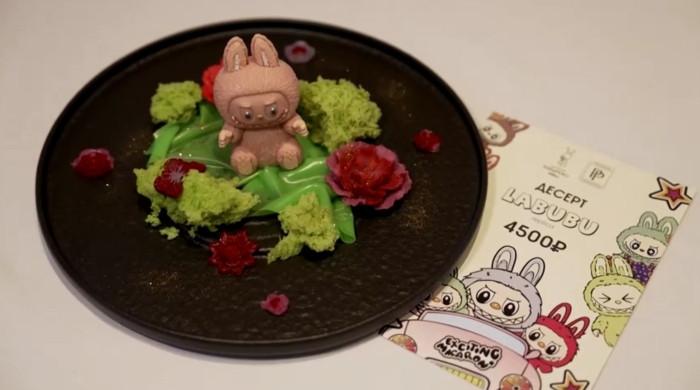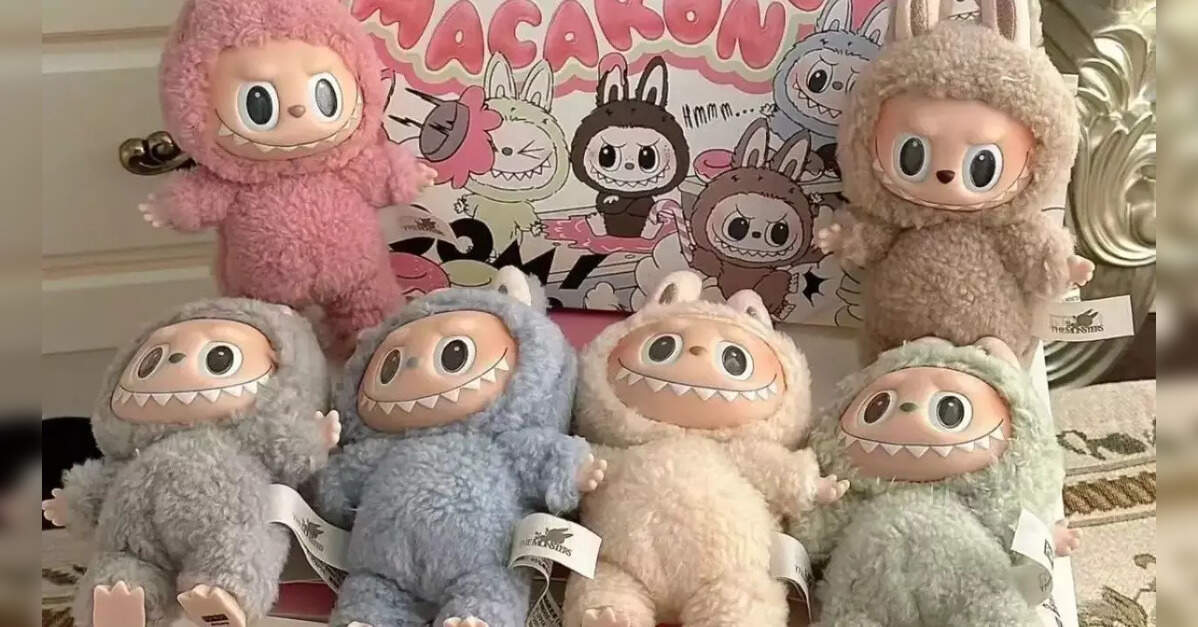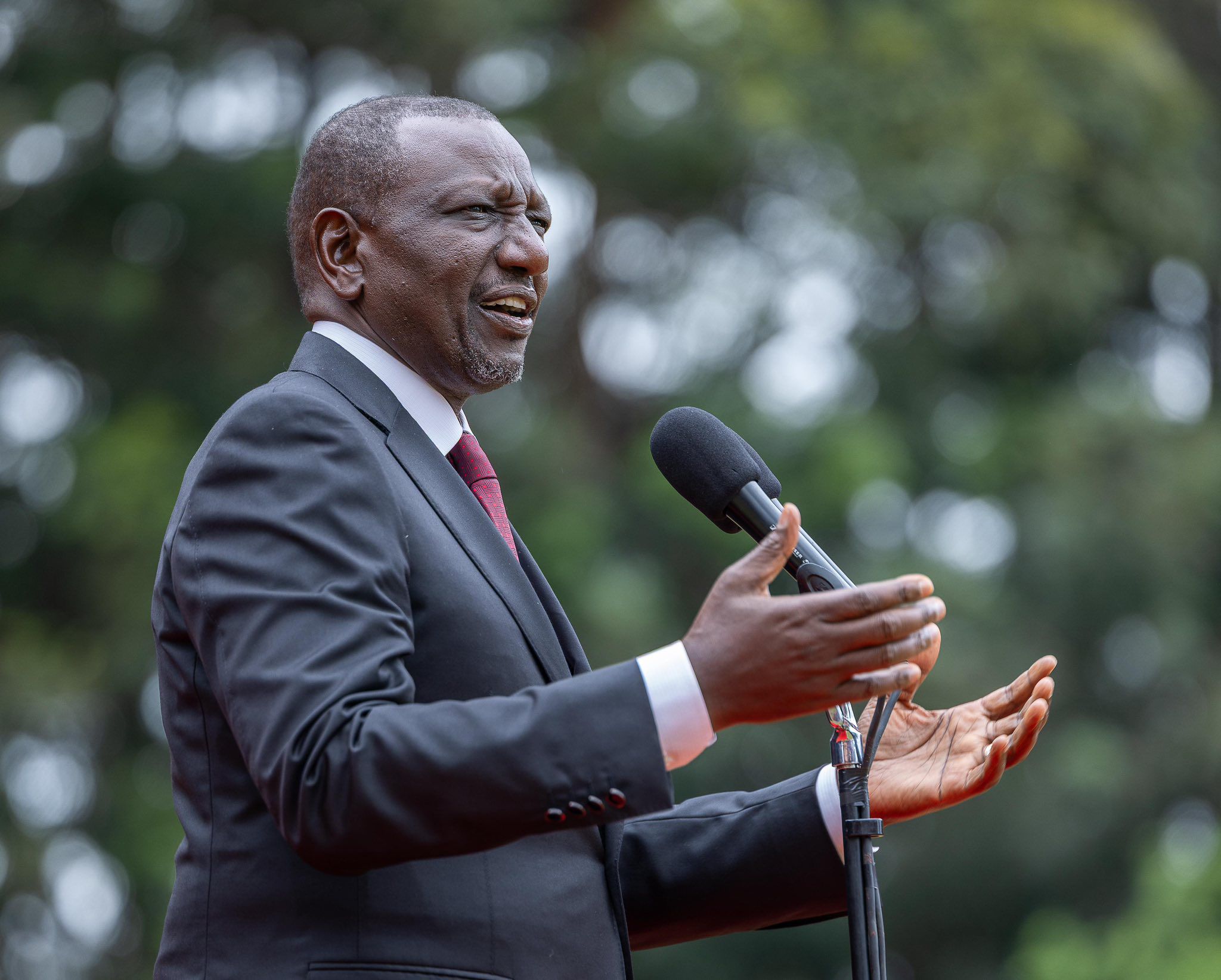Explaining the Hype Behind the $7,000 'Labubu' Toy

The global phenomenon known as Labubu, a bug-eyed, elf-like vinyl toy with distinctive jagged teeth and a wild tuft of hair, has rapidly transitioned from a niche character in a picture book series to a significant pop culture sensation. Created by Dutch-born Hong Kong illustrator Kasing Lung as part of 'The Monsters' series, Labubu's popularity has been fueled by its sale in 'blind boxes' by Chinese retailer Pop Mart, extensive TikTok unboxing trends, and high-profile celebrity endorsements, leading to soaring demand and a lucrative resale market where limited editions can fetch thousands of dollars.
Labubu was first introduced in Kasing Lung's 2015 Nordic mythology-inspired book series, 'The Monsters Trilogy.' Pop Mart describes the character as an “elvish creature” who is “kind-hearted and always wants to help, but often accidentally achieves the opposite.” Distinctive features include a crocodile smile, oversized eyes, and an ambiguous gender, though fans online often clarify that “Labubu is a girl.” She is part of a larger narrative, romantically linked to Tycoco, a vegetarian skeleton monster, and is often mistaken for Zimomo, the actual leader of The Monsters.
The transformation of Labubu into a collectible status symbol began in 2019 when Pop Mart licensed Lung’s characters for their 'blind box' collectible series. These sealed packages, typically priced between $20 and $30, conceal the specific toy design inside, creating an addictive treasure-hunt dynamic for collectors. The allure is further heightened by the inclusion of ultra-rare “secret” editions, which have a mere 1-in-72 chance of being found. This strategy, combined with viral social media engagement, has propelled Labubu into the spotlight. The hashtag #labubu has amassed over a million posts worldwide on TikTok, with tens of thousands originating from the US alone. The toy's desirability skyrocketed after celebrities like BLACKPINK’s Lisa, Rihanna, and Dua Lipa were seen with Labubu dolls, treating them as fashion accessories and openly discussing their fondness for the character. Labubus even made an unexpected appearance at Paris Fashion Week.
However, the intense demand has far outstripped supply, leading to significant challenges. Pop Mart stores frequently have bare shelves, with some locations, like one in a Beijing mall, only displaying samples. This scarcity has fueled a booming resale market. Limited-edition Labubus have been listed on platforms like eBay for as much as $7,000, and on StockX, some collaborations, such as one with Vans, are commanding prices over $3,000. For instance, blind boxes from the Labubu 3.0 series, originally priced around 584 yuan (approximately ₹7,000), are now reselling for up to 2,000 yuan (approximately ₹24,000).
The fervor surrounding Labubu has also manifested in chaotic scenes at product launches. In the US, videos depict frantic crowds and physical altercations, leading one TikTok user to dub the experience the “Labubu Hunger Games.” In China, the main manufacturing base and home of Pop Mart, the desperation to acquire these toys has led to smuggling. Chinese customs officials recently confiscated 462 Labubu toys intended for resale, highlighting the lengths some individuals will go to. Fans like Beijing-based Kate Yang have reported difficulties obtaining Labubus through official channels, forcing them to turn to resellers and, in some cases, unwittingly purchasing counterfeit products.
This phenomenon is not unique to Labubu, drawing parallels to the Stanley Cup craze, which also saw long lines, fights, and thefts for reusable drinkware. Similar to Stanley enthusiasts, Labubu buyers face criticism regarding overconsumption and hype-driven purchasing. Critics argue that many are buying the toys merely because others are, contributing to a “hype machine” culture rather than genuine appreciation. Videos on TikTok criticizing bulk buying for resale have gained significant traction.
Despite these criticisms, the commercial success driven by Labubu is undeniable. 'The Monsters' series has become Pop Mart’s best-selling franchise, generating $419 million in sales in the past year. Pop Mart's overall revenue in mainland China surged to $1.09 billion, a 34% increase from 2023, and its global gross profit rose by over 125%. Labubu, though a small toy, has made an enormous impact, serving as a mirror to modern consumer culture, reflecting the complex interplay of art, hype, and the thrill of the hunt.












